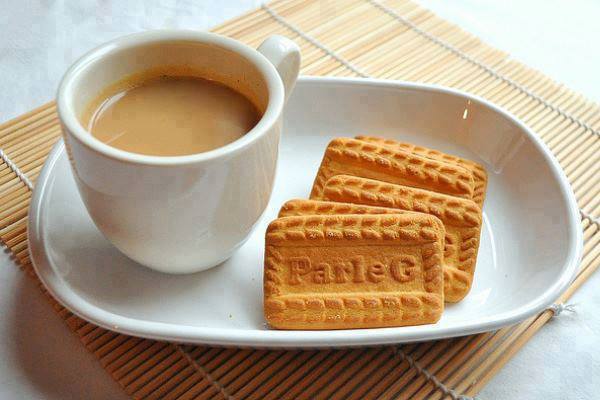
A steaming morning cup of tea / coffee is one of those little
pleasures of life.
The caffeine content of these drinks is a stimulant needed by many to begin
their day.
Friends and family bond over coffee and tea addas.
A cuppa rejuvenates you when you are tired or
feeling blue.
HOW MUCH CAFFEINE INTAKE IS SAFE?
Caffeine in moderation isn’t harmful but we need to know what quantity is safe
for us.
Approximately 300 mg caffeine and below is considered safe for adults
For individual calculation 3mg per kilogram weight is the level generally
accepted as the recommended limit of caffeine intake for adults.
Some people can be sensitive to caffeine and high doses make them jittery /
nervous or their sleep gets affected. The effect of coffee can last upto 6
hours. So they should adjust their caffeine intake accordingly.
Caffeine content for 1 cup of –
brewed coffee – 60 to 120 mg
instant coffee – 60 to 80 mg
black tea – 14 to 60 mg
green tea – 24 to 40 mg
energy drink – 80 mg
chocolate milk – 4.6 mg
BENEFITS OF COFFEE & TEA
“The polyphenols kayweol and cafestrol are anti-inflammatory and seem to
improve the body’s ability to fight cancer in the early stage, while
cholorgenic acid and caffeic acids are phytonutrients that seem to improve the
sensitivity of the glucose and insulin response, which means that coffee
drinkers are better at clearing glucose from their blood.”
THE CONS
Caffeine is considered a drug.
Caffeine is a diuretic, which means that it will make you have to urinate more
often, hence dehydrating if you are out in the heat or working out. Unlike
sports drinks, caffeinated drinks do not replace the water and minerals that
you lose when you sweat.
It can cause gastric disorders and acidity.
Having too much caffeine can make you restless and increase your heart rate.
It can prevent the absorption of iron causing anemia.
It also interferes with the absorption of calcium, folic acid, vitamin E, some
drugs and therefore it’s best to avoid drinking a caffeine based drink with food
or medicine.
ALTERNATIVES TO COFFEE / TEA
Decaf coffee or tea has minimal caffeine but retains the beneficial
antioxidants.
Herbal teas like tulsi / ginger / lemon tea.
Green tea has a quarter of caffeine compared to coffee and half as compared to
black tea.
IMPORTANT
This article is for informational purposes only. It should not be used for
treatment, cure or prevention of any disease. If you have any serious acute or
chronic health concern, please consult a trained health professional who can
fully assess your needs and address them effectively. It does not under any
circumstances replace the advice of a doctor.

Very enlightening looking forwards to coming back.
thanks brian